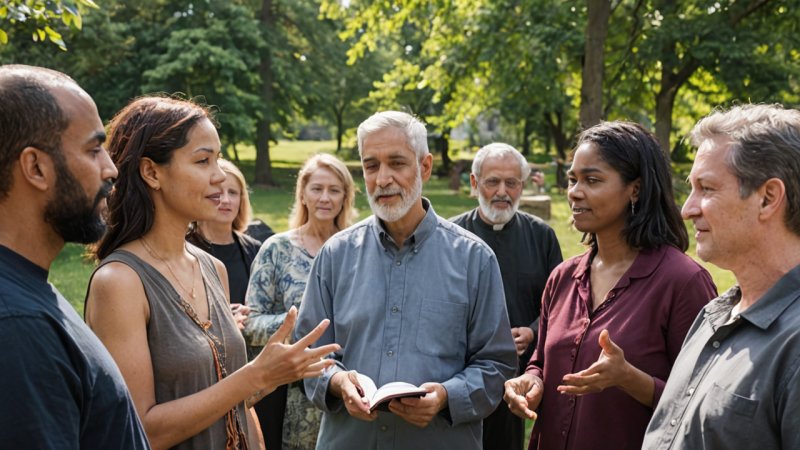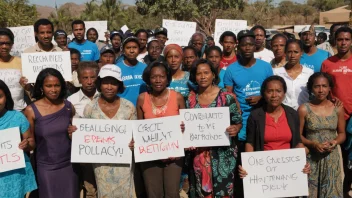In an increasingly polarized world, the need for understanding and collaboration across different faiths has never been more critical. Interfaith dialogue serves as a bridge between diverse religious communities, fostering mutual respect and cooperation. By engaging in conversations that transcend doctrinal differences, we can promote peace and harmony within societies. Here are several ways interfaith dialogue plays a vital role in building a more peaceful world.
Fostering Mutual Understanding
Interfaith dialogue encourages individuals from various religious backgrounds to share their beliefs, practices, and values. By participating in open discussions, people can dispel myths and stereotypes that often lead to conflict. For example, through community forums where different faith leaders come together, attendees can learn about the tenets of each religion, thereby cultivating empathy and appreciation for each other’s perspectives.
Building Stronger Communities
When faith groups collaborate, they can address social issues more effectively. Joint community service projects or outreach programs not only strengthen interfaith relationships but also serve the wider community. Initiatives such as food drives, health camps, and educational workshops can be organized collectively, showcasing the power of unity in action. This collaboration not only benefits those in need but also fosters a sense of belonging among diverse community members.
Encouraging Conflict Resolution
Interfaith dialogue can act as a powerful tool in conflict resolution. By bringing together representatives from conflicting parties, dialogue creates a platform for peace negotiations and discussions about grievances. Religious leaders often hold significant influence in their communities, and their involvement can help de-escalate tensions. For instance, interfaith councils have been instrumental in mediating disputes and fostering reconciliation in regions affected by violence.
Promoting Social Justice
Many religious traditions emphasize the importance of social justice, and interfaith dialogue can unite diverse groups in the pursuit of this goal. By collaborating on issues such as poverty alleviation, discrimination, and human rights, different faith communities can amplify their voices and advocate for systemic change. Joint statements and actions can draw attention to critical issues, encouraging broader societal engagement and support.
Inspiring the Next Generation
Engaging youth in interfaith dialogue is essential for nurturing a culture of peace. Educational programs that promote understanding and respect among young people help to instill values of tolerance from an early age. Workshops, summer camps, and school projects that bring together students from various faith backgrounds can create lasting friendships and diminish prejudices. By investing in the next generation, we can cultivate a more peaceful and accepting future.
In conclusion, interfaith dialogue is a crucial mechanism for fostering peace, understanding, and cooperation among diverse religious communities. By prioritizing mutual understanding, community building, conflict resolution, social justice, and youth engagement, we can create a more harmonious world. Each of us has a role to play in promoting dialogue and collaboration, proving that our differences can indeed be a source of strength rather than division.






